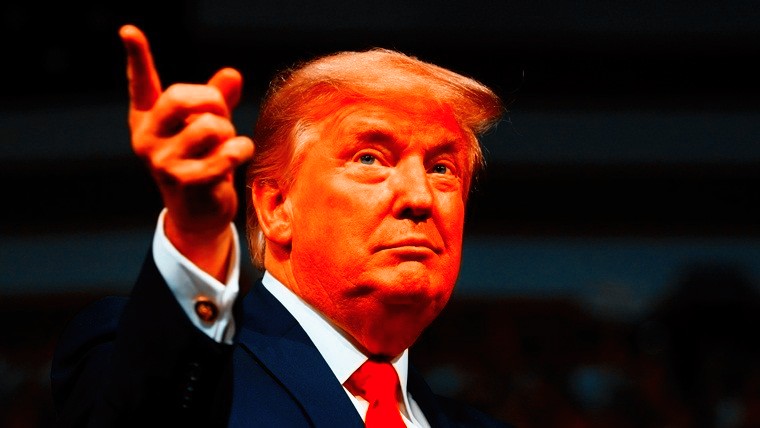Traditionally, the first address by any U.S. President after being sworn in is an attempt to transcend campaign politics and unite the country. However, the 47th President, Donald Trump, is the most unpredictable leader to assume office. He used the occasion to excoriate the Joe Biden administration and reassure the American people that America “will not be the same again.” He went so far as to describe January 20, 2025, as “Liberation Day,” as if the U.S. had been in bondage. Trump is the first President in 100 years to speak about expanding U.S. territory, invoking the name of one of his predecessors, William McKinley, under whose tenure Cuba, Hawaii, and the Philippines became part of U.S. territory. He did not elaborate on how he proposes to enlarge U.S. territory, though he had previously suggested, post-election, that Canada could become the 51st state. He also envisioned bringing Greenland under U.S. administration.
Most strikingly, Trump declared, “We are taking the Panama Canal back.” It remains unclear whether he meant reducing the fees American ships pay to use the canal or revoking the 1977 treaty, drawn up during Jimmy Carter’s presidency, that ceded control of the canal. Immediately after taking the oath of office, Trump issued a dozen executive orders with profound implications for the nation. He effectively announced a “war of sorts” on “illegal immigrants,” vowing to deport them en masse. On other key issues, however, he was more reticent. For instance, he did not elaborate on how he would handle China, which poses the stiffest trade and economic competition to the U.S. He also provided no details about aiding Ukraine in resisting Russian aggression. On the Middle East, he took credit for the ceasefire agreement, a crowning achievement of the Biden administration, but offered little else.
Trump was similarly vague on tariffs, though he assured Americans he would tax foreign countries for their benefit. He named several nations, including Canada, China, Russia, and India, where trade tariffs would be substantially increased—some as high as 100%. Fortunately, he appears to be waiting before acting on this issue. He seems unaware of the consequences of raising tariffs, which would drive up the cost of goods in America, given the country’s reliance on imports for many industrial and consumer items. The President would do well to remember that making promises is far easier than fulfilling them.
